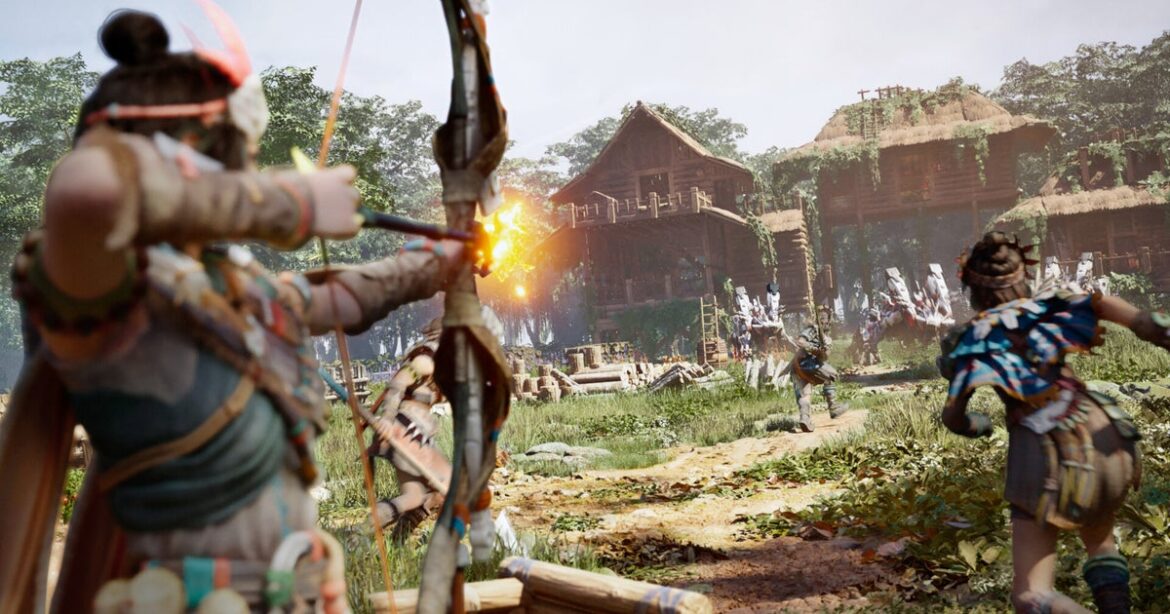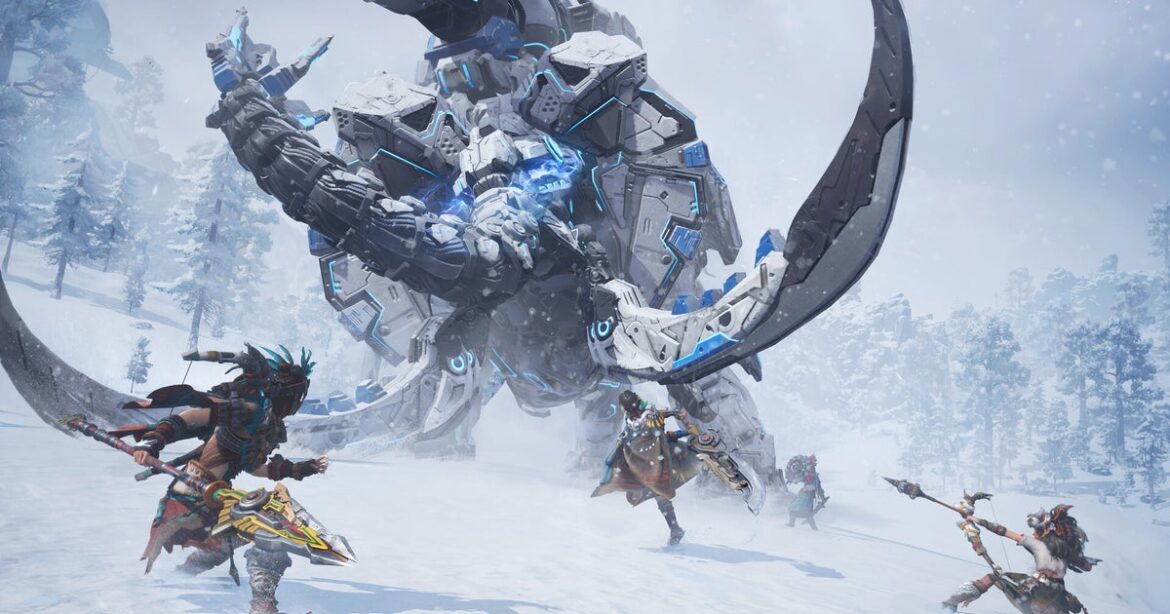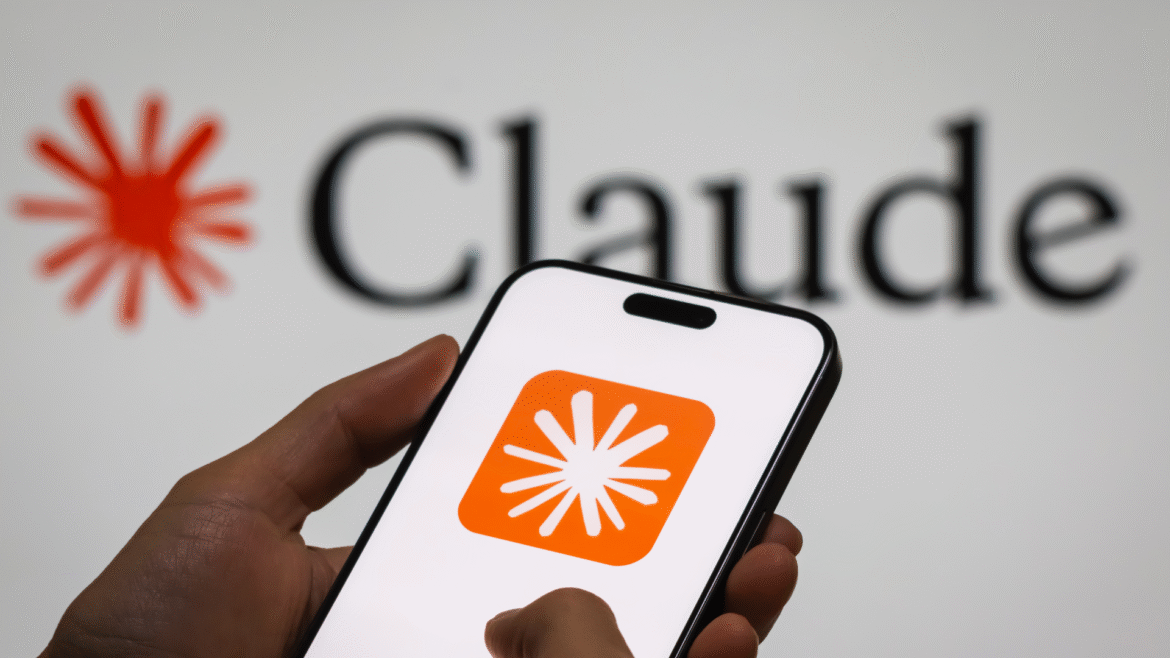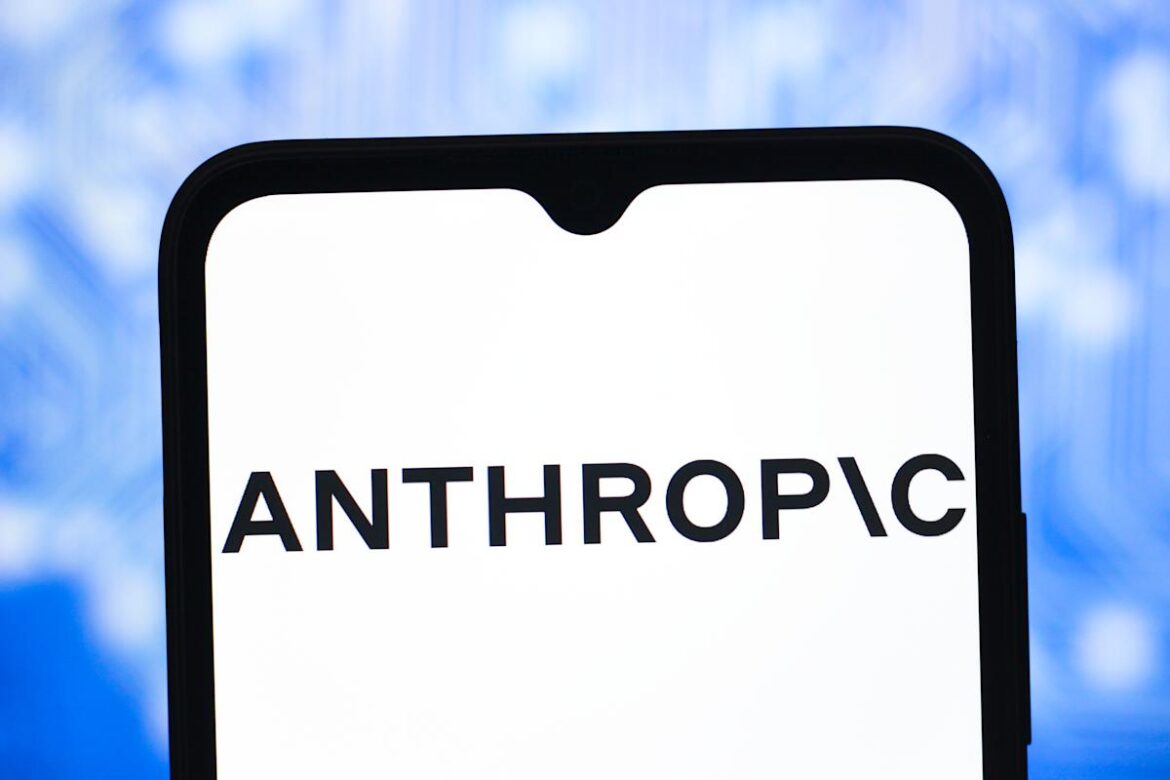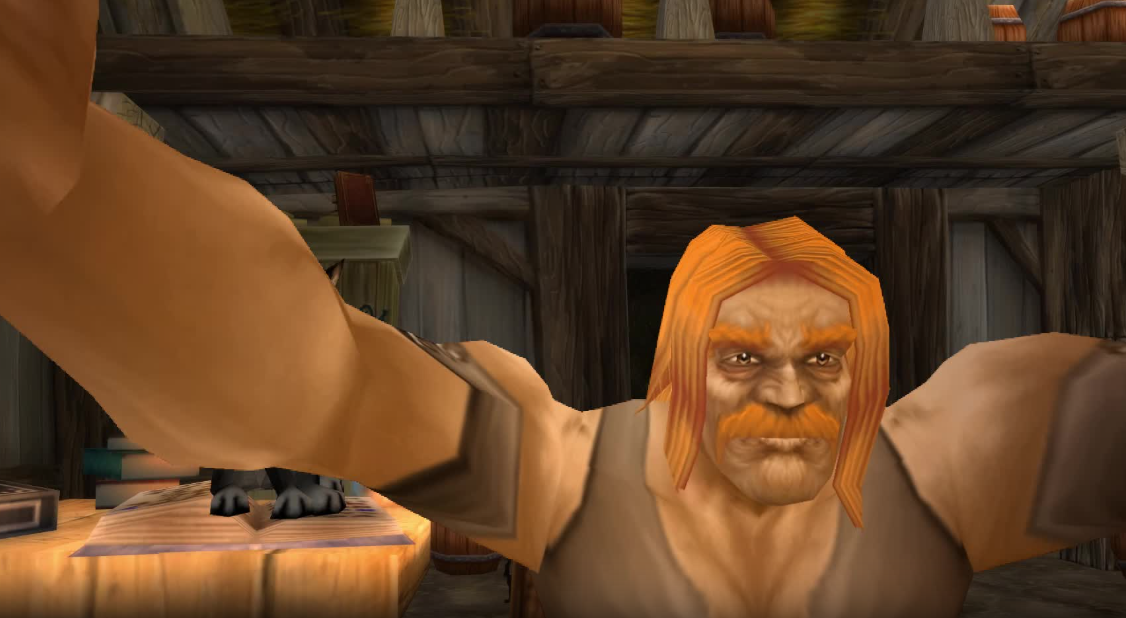On Tuesday, OpenAI released Sora 2, the latest version of its video and audio generation tool that it promised would be the “most powerful imagination engine ever built.” Less than a day into its release, it appears the imaginations of most people are dominated by copyrighted material and existing intellectual property.
In tandem with the release of its newest model, OpenAI also dropped a Sora app, designed for users to generate and share content with each other. While the app is currently invite-only, even if you just want to see the content, plenty of videos have already made their way to other social platforms. The videos that have taken off outside of OpenAI’s walled garden contain lots of familiar characters: Sonic the Hedgehog, Solid Snake, Pikachu.
One shotted Sora 2 output 🤯 pic.twitter.com/vavyEo3CLJ
— Bryan Kim (@kirbyman01) September 30, 2025
Holy copyright infringement Batman, Sora 2 is kinda absurd yet fun , sorry @HIDEO_KOJIMA_EN
“Metal Gear Stranding Relivery” pic.twitter.com/bpzvBykxNi
— Michael Lucas Poage 🐝 (@RubyBrewsday) October 1, 2025
However, often it is quite clear on which movies Sora 2 has been trained on. pic.twitter.com/7pVFMj4l7x
— TestingCatalog News 🗞 (@testingcatalog) September 30, 2025
There does appear to be at least some types of content that are off-limits in OpenAI’s video generator. Users have reported that the app rejects requests to produce videos featuring Darth Vader and Mickey Mouse, for instance. That restriction appears to be the result of OpenAI’s new approach to copyright material, which is pretty simple: “We’re using it unless we’re explicitly told not to.” The Wall Street Journal reported earlier this week that OpenAI has approached movie studios and other copyright holders to inform them that they will have to opt out of having their content appear in Sora-generated videos. Disney did exactly that, per Reuters, so its characters should be off-limits for content created by users.
That doesn’t mean the model wasn’t trained on that content, though. Earlier this month, The Washington Post showed how the first version of Sora was pretty clearly trained on copyrighted material that the company didn’t ask permission to use. For instance, WaPo was able to create a short video clip that closely resembled the Netflix show “Wednesday,” down to the font displayed and a model that looks suspiciously like Jenna Ortega’s take on the titular character. Netflix told the publication it did not provide content to OpenAI for training.
The outputs of Sora 2 reveal that it’s clearly been fed its fair share of copyrighted material, too. For instance, users have managed to generate scenes from “Rick and Morty,” complete with relatively accurate-sounding voices and art style. (Though, if you go outside of what the model knows, it seems to struggle. A user put OpenAI CEO Sam Altman into the “Rick and Morty” universe, and he looks troublingly out of place.)
Sora just dropped Sam Altman into Rick & Morty.
We’ve officially crossed into the multiverse of AI slop, and I love it. pic.twitter.com/HwJdE9GF8V
— SamAlτcoin.eth 🇺🇸 (@SamAltcoin_eth) September 30, 2025
Other videos at least attempt to be a little creative about how they use copyrighted characters. Users have, for instance, thrown Ronald McDonald into an episode of “Love Island” and created a fake video game that teams up Tony Soprano from The Sopranos and Kirby from, well, Kirby.
Sora 2 – Not what I expected.
(5) Dumb / awesome examples.
Prompt:
Love Island reveal scene. A young woman sits on a plush villa sofa during a tense “Movie Night” scene. She watches a large TV screen showing grainy CCTV-style footage: Real-life Ronald McDonald, dashing into a… pic.twitter.com/vNg609MaIJ
— Rory Flynn (@Ror_Fly) October 1, 2025
the gabagool cannon.. absolute PEAK being made with Sora 2
prompt:
“Kirby teams up with The Soprano’s in an all new video game. Japanese TV advertisement” pic.twitter.com/bKyq20Sd3z
— HeavensLastAngel (@HvnsLstAngel) October 1, 2025
Interestingly, not all potential copyright violations come from users who are explicitly asking for it. For instance, one user gave Sora 2 the prompt “A cute young woman riding a dragon in a flower world, Studio Ghibli style, saturated rich colors,” and it just straight up spit out an anime-style version of The NeverEnding Story. Even when users aren’t actively calling upon the model to create derivative art, it seems like it can’t help itself.
⚡ Got access to Sora 2.
“A cute young woman riding a dragon in a flower world, Studio Ghibli style, saturated rich colors.”
Not sure if I should call this overfitting 😋 pic.twitter.com/NPAyjZqtTV
— Javi Lopez ⛩️ (@javilopen) October 1, 2025
“People are eager to engage with their family and friends through their own imaginations, as well as stories, characters, and worlds they love, and we see new opportunities for creators to deepen their connection with the fans,” a spokesperson for OpenAI told Gizmodo. “We’re working with rightsholders to understand their preferences for how their content appears across our ecosystem, including Sora.”
There is one other genre of popular and potentially legally dubious content that has become popular among Sora 2 users, too: The Sam Altman cinematic universe. OpenAI claims that users are not able to generate videos that use the likeness of other people, including public figures, unless those figures upload their likeness and give explicit permission. Altman apparently has given his ok (which makes sense, he’s the CEO and he was featured prominently in the company’s fully AI-generated promotional video for Sora 2’s launch), and users are making the most of having access to his image.
One user claimed to have the “most liked” video in the Sora social app, which depicted Altman getting caught shoplifting GPUs from Target. Others have turned him into a skibidi toilet, a cat, and, perhaps most fittingly, a shameless thief stealing creative materials from Hayao Miyazaki.
i have the most liked video on sora 2 right now, i will be enjoying this short moment while it lasts
cctv footage of sam stealing gpus at target for sora inference pic.twitter.com/B86qzUGlMq
— gabriel (@GabrielPeterss4) September 30, 2025
Sam Altman is playing 4D chess. Sora 2 is about to take over social media, the virality is guaranteed once this scales. Billions in ad revenue will flow straight into more compute, fueling the flywheel. In a year Sora 2 will be so efficient and cheap that margins explode. You… pic.twitter.com/cUbmePkwDG
— VraserX e/acc (@VraserX) October 1, 2025
I love Sora 2
Sam Altman must love this too pic.twitter.com/YexwVEoBKQ
— Adyseus (@Adyseku) October 1, 2025
Lmao, Sam Altman stealing art from Miyazaki in the Studio Ghibli HQ.
Sora 2 is wilddddddd. pic.twitter.com/qzhfMs0A2t
— PJ Ace (@PJaccetturo) October 1, 2025
There are some questions about the likeness of non-characters in these videos, too. In the video of Altman in Target, for instance, how does Target feel about its logo and store likeness being used? Another user inserted their own likeness into an NFL game, which seems to pretty clearly use the logos of the New York Giants, Dallas Cowboys, and the NFL itself. Is that considered kosher?
The new Sora is amazing, albeit a bit scary for copyright holders @OpenAI pic.twitter.com/ESfzXbYr2z
— Rich Greenfield, LightShed 🔦 (@RichLightShed) September 30, 2025
OpenAI obviously wants people to lend their likeness to the app, as it creates a lot more avenues for engagement, which seems to be its primary currency right now. But the Altman examples seem instructive as to the limits of this: It’s hard to imagine that too many public figures are going to submit themselves to the humiliation ritual of allowing other people to control their image. Worse, imagine the average person getting their likeness dropped into a video that depicts them committing a crime and the potential social ramifications they might face.
A spokesperson for OpenAI said Altman has made his likeness available for anyone to play with, and users who verify their likeness in Sora can set who can make use of it: just the user, mutual friends, select friends, or everyone. The app also gives users the ability to see any video in which their likeness has been used, including those that are not published, and can revoke access or remove a video containing their image at any time. The spokesperson also said that videos contain metadata that show they are AI-generated and watermarked with an indicator they were created with Sora.
There are, of course, some defeats for that. The fact that a video can be deleted from Sora doesn’t mean that an exported version can be deleted. Likewise, the watermark could be cropped out. And most people aren’t checking the metadata of videos to ensure authenticity. What the fallout of this looks like, we will have to see, but there will be fallout.


